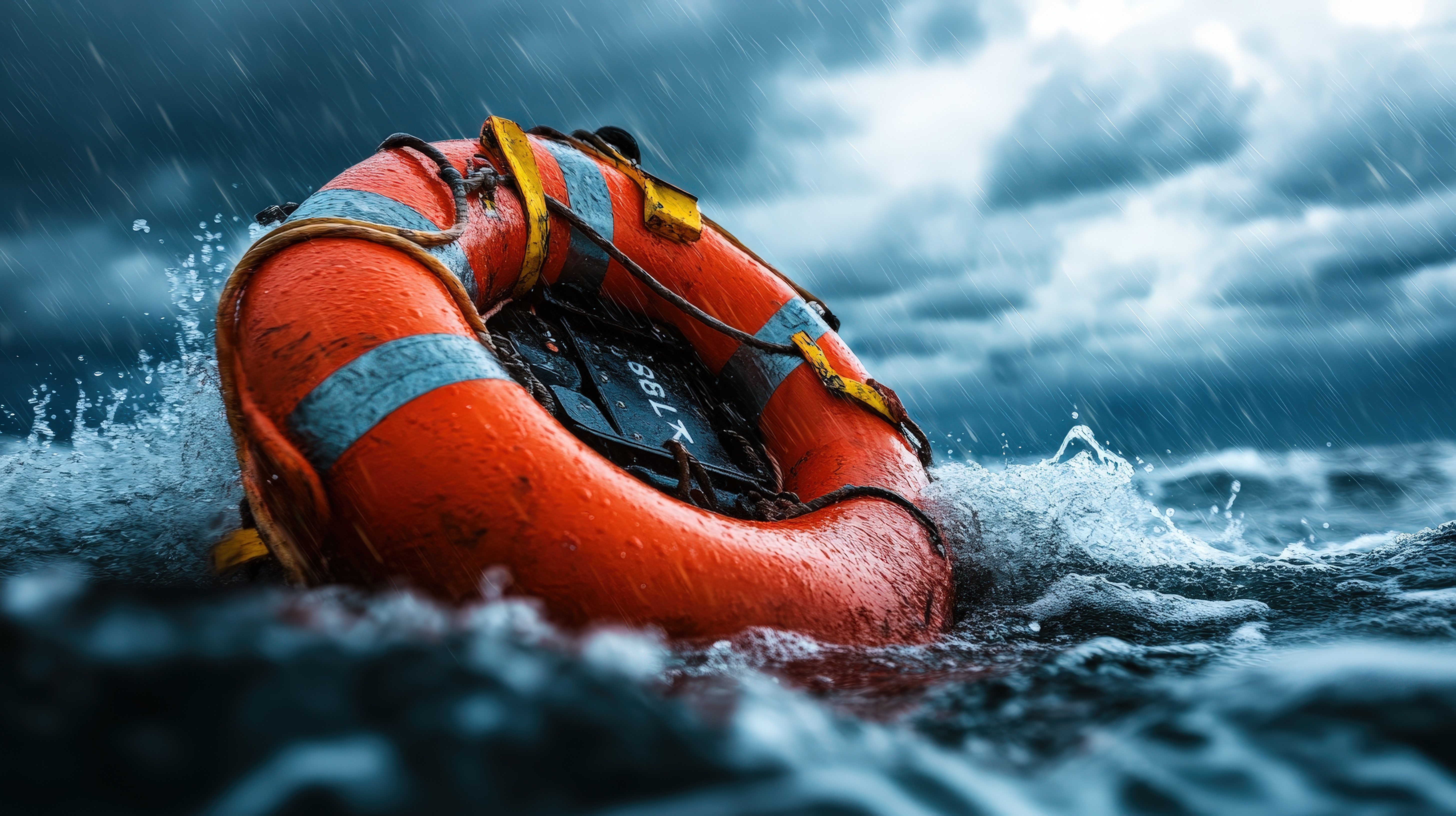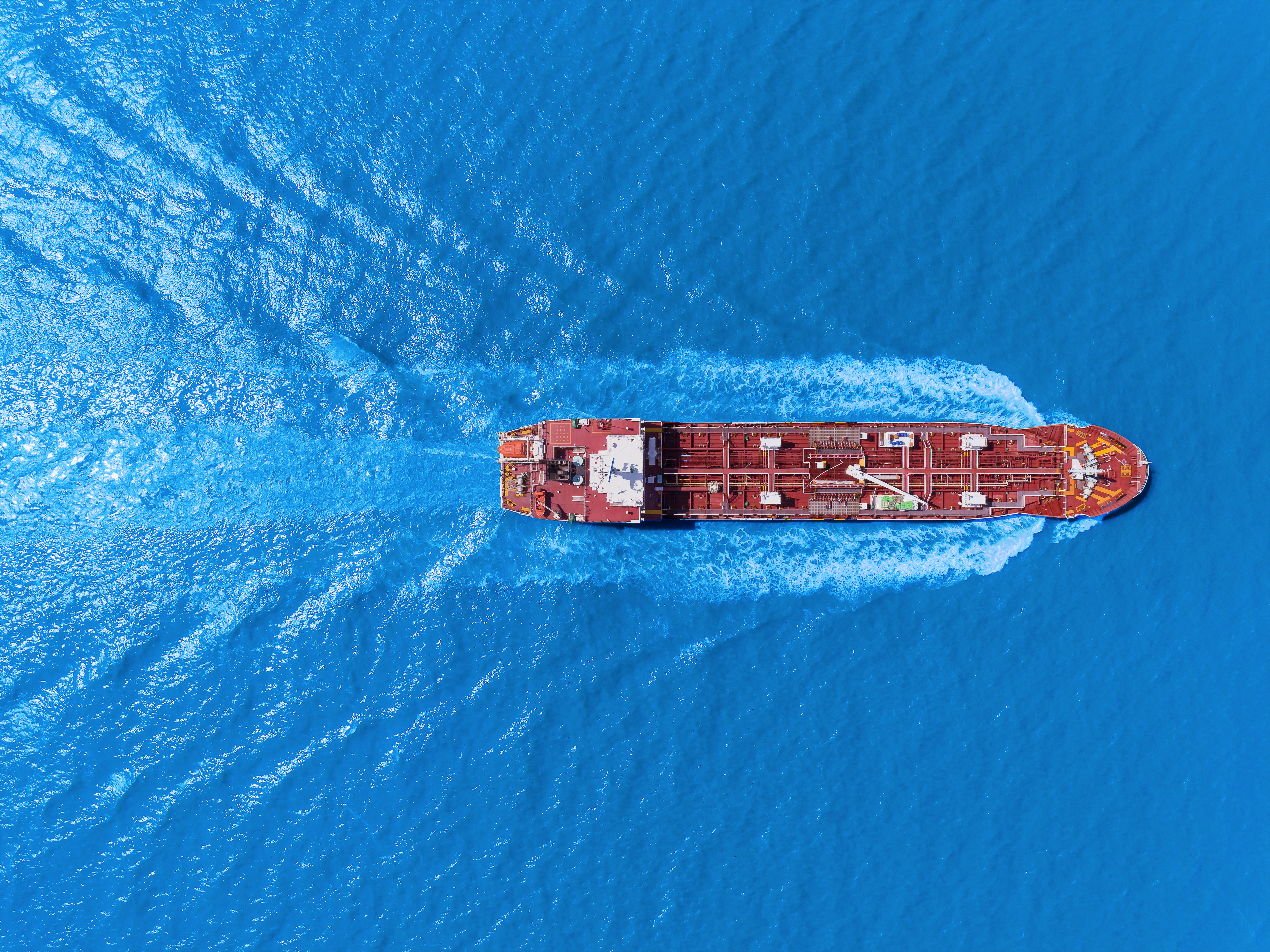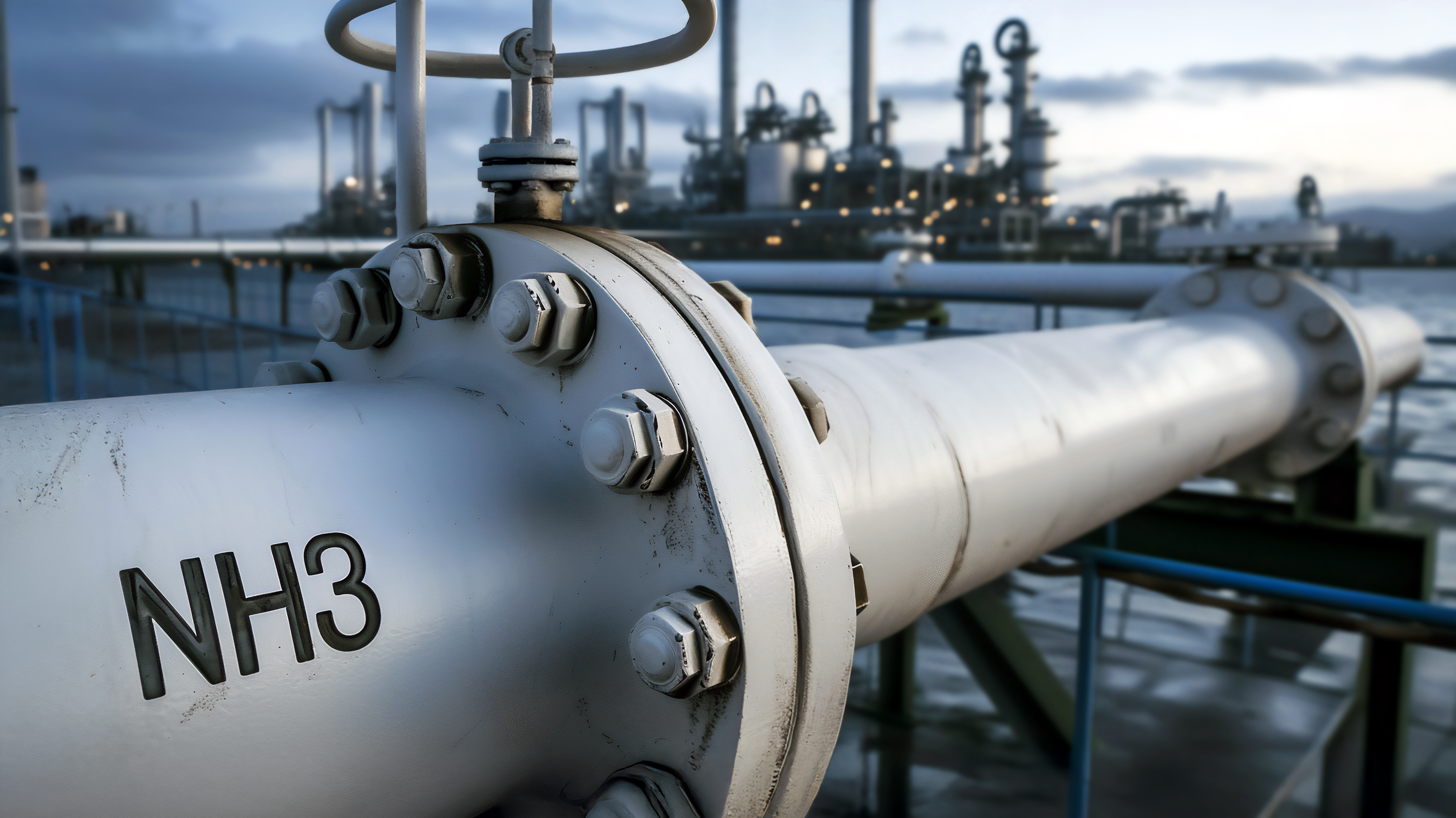The IMO Marine Environmental Protection Committee (MEPC) held its 78th session (MEPC 78) remotely from June 6-10, 2022. This article summarises the outcomes from MEPC 78.
At MEPC 77 the IMO agreed to revise its GHG strategy. It adopted revised guidelines to its short term and mid-to-long term GHG reduction measures but held short of committing to the goal of zero Greenhouse Gas (GHG) emissions by 2050[1]. There has since been no shortage of extreme weather events to remind us that the negative impact of climate change will continue to intensify until clear and decisive steps are taken to bring climate change under control. There was therefore palpable pressure for MEPC 78 to deliver some real progress from the maritime sector and for the IMO to improve substantially its levels of ambitions in tackling climate change. In his opening statement at MEPC 78, Secretary-General Kitack Lim gave a rallying call to the maritime industry to do just that, and to lead by example.
Against the above background, we set out below a summary of the main issues discussed and the main measures adopted at MEPC 78. There has been some progress since MEPC 77, as the summary below shows, and the IMO is working towards adopting a revised strategy by mid-2023 (MEPC 80). The IMO however declined to adopt proposals for the creation of a fund to decarbonise shipping by generating $5Bn through a $2/tonne tax on bunkers, and there are still cries from many quarters for the IMO to move forward more quickly with its efforts to implement the global measures and structures needed for shipping to decarbonise.
1. GHG emissions reduction
Mid and Long term measures
- Increased levels of ambition were considered in relation to the revised strategy initiated during MEPC 77.
- Delegations were encouraged to work together across sessions to develop concrete proposals for revising that initial strategy at MEPC 80, taking into account the needs of developing countries, particularly small island developing states and least developed countries.
- Discussions on market-based measures were to continue during the Intersessional Working Group (ISWG) on Reduction of GHG, ISWG-GHG 13.
Short term measures
- Finalisation of the technical guidelines relating to the Energy Efficiency Existing Ship Index (EEXI), the annual operational carbon intensity indicator (CII) rating, and an enhanced Ship Energy Efficiency Management Plan (SEEMP).
- Adoption of draft amendments to Appendix IX of MARPOL Annex VI on the reporting of EEXI and CII values to the IMO Data Collection System (DCS).
- Deadlines to note are:
- EEXI technical file to be approved before the first annual, intermediate or renewal IAPP survey or the initial IEE survey on or after 01.01.2023.
- SEEMP Part III to be approved and on board by 01.01.2023.
- CII based on 2023 data, first reporting due no later than 31.03.2024.
- A correspondence group was set up to further work on draft guidelines on marine fuel lifecycle GHG/carbon intensity. These guidelines will allow for a Well-to-Wake calculation, including Well-to-Tank and Tank-to-Wake emission factors of total GHG emissions related to the production and use of alternative marine fuels.
2. Ballast Water Management (BWM) Convention
- The experience-building phase was extended with a proposal to complete it by autumn 2026.
- The development of a BWM Convention Review Plan (CRP) was approved to review the operation of the Convention (such as to ports with challenging water quality) and a Correspondence Group was established to finalise the CRP, and to report to MEPC 80.
- Revised Guidance was approved in relation to the methodologies that may be used for enumerating viable organisms for type approval of BWM systems and guidelines for re-evaluations in cases where modifications have been made to a BWM system.
- Guidelines were adopted for re-evaluations when modifications are made to a BWM system using active substances.
- A unified interpretation was approved for Appendix I to the BWM Convention (Form of International Ballast Water Management Certificate - IBWMC), concerning the principal BWM method(s) employed on the ship.
3. Air pollution and exhaust gas cleaning systems (EGCS)
- Guidelines were approved for risk and impact assessment of discharge water from EGCS.
- Guidance was approved in relation to the delivery of EGCS residues to port reception facilities, including best practices for proper management and disposal of residues and stored discharge water from EGCSs into port reception facilities.
- Proposed amendments to MARPOL Annex VI to designate the entire Mediterranean Sea as a SECA were approved. Subject to final adoption at MEPC 79, the Mediterranean Sea will join the areas of the Baltic Sea, the North Sea, North America (covering designated coastal areas off the United States and Canada) and the United States Caribbean Sea (around Puerto Rico and the United States Virgin Islands) as designated SOx-ECAs from 1 July 2025; thereafter the use of fuel oil with a sulphur content of 0.10% or the use of an EGCS will become mandatory.
4. Fuel flashpoint in Bunker Delivery Note (BDN)
Appendix V of MARPOL Annex VI, was amended to include “Flashpoint of fuel oil (°C), or a statement that the flashpoint has been measured at or above 70ºC” as mandatory information in the BDN.
5. Marine litter
- Draft amendments were approved to MARPOL Annex V, making the Garbage Record Book mandatory also for ships of 100 gt and above and less than 400 gt.
- The marking of fishing gear to be made mandatory.
- An action plan to support IMO's commitment to meeting the targets set in the UN 2030 Sustainable Development Goal 14 (SDG 14) on the oceans was agreed.
6. Anti-fouling Systems (AFS) Convention
Revised guidelines were adopted to support implementation of the AFS Convention, for survey and certification of AFS on ships, and will enter into force on 01.01.2023.
7. MARPOL Annex I and the IBC Code – watertight doors
Amendments were adopted to MARPOL Annex I and to the IBC Code for the Construction and Equipment of Ships Carrying Dangerous Chemicals in Bulk (IBC Code) in relation to watertight doors. These are expected to enter into force on 1 January 2024 and 1 July 2024, respectively.
8. MARPOL Annex II – revised GESAMP Hazard Evaluation Procedure
Amendments were adopted to Appendix I of MARPOL Annex II, relating to the revised GESAMP Hazard Evaluation Procedure used for classification of new products carried on chemical tankers. Column E1 is reassigned for the rating of the flashpoint, and Column C3 concerning inhalation toxicity has been expanded to introduce sub-categorization with thresholds for mist and vapour concentrations. The amendments will enter into force on 1 November 2023.
Conclusion
With the first deadline for vessels to submit their EEXI technical files for approval, 1 January 2023, now being less than six months away, the months between now and MEPC 79 (scheduled for 12-16 December 2022) are expected to be nothing short of frenetic for ship owners. At the IMO, work will continue, particularly within ISWG-GHG 13, to keep up the momentum towards attaining the IMO’s GHG ambitions.
The Club will continue to monitor developments and will provide a further update after MEPC 79.
[2] By way of example: powerful floods in Yellowstone National Park and South Africa; terrifying wildwires in Arizona and California; record heatwaves in China and South Korea; and extreme thunderstorms in Canada





